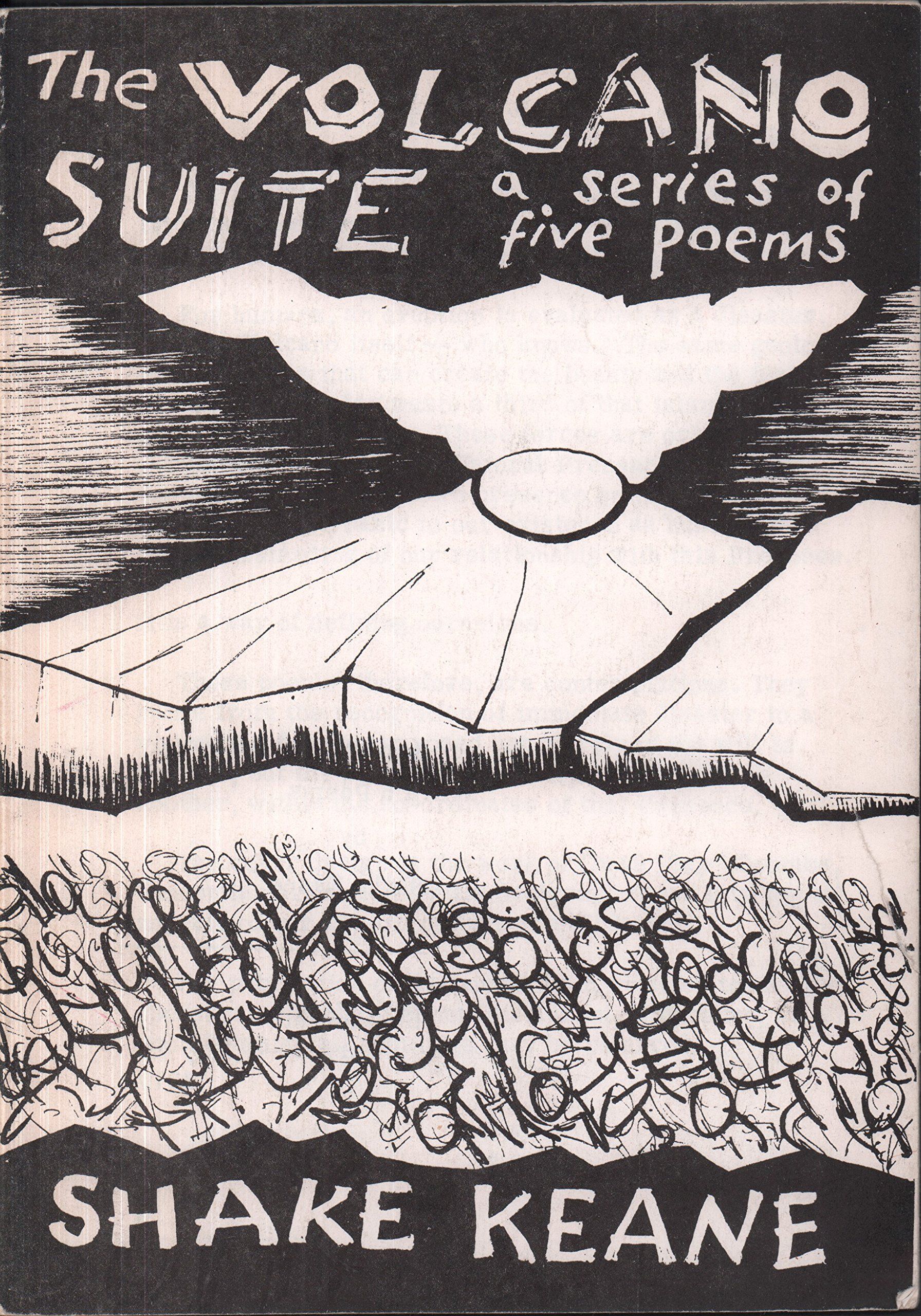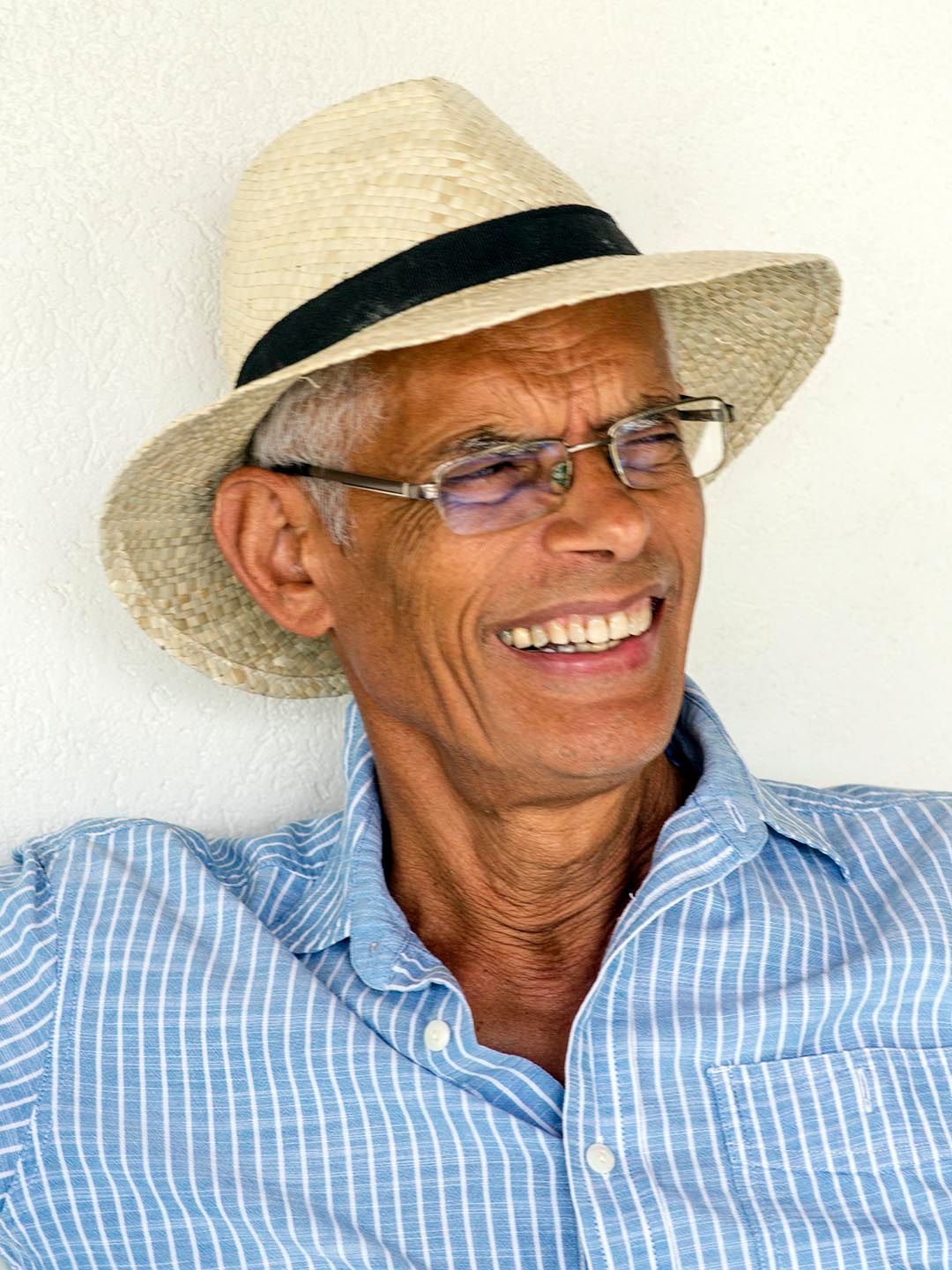Weekend listening was spent, while not otherwise productively hypnotised by the superb MLK/FBI, rationing my listening to Trio. Why rationing? Well, two reasons, the first was that I wanted to hear the detail of little bits over and over again having trousered a copy last week to get in the zone ahead of release; and two, I hadn't quite made up my mind about it having dipped my toes in the waters earlier and yet sensed a biggie.
Observations now that I've thought about it? Well firstly this is a superstar trio and you may well come to it for different reasons. I'm not a huge Bill Cunliffe fan but very much enjoyed his recent record especially the first Le Coq reviewed here. To be honest I wasn't expecting that much of it but it is really excellent. You never know until you listen, eh?
On this Trio record the star primus inter pares is John Patitucci. Perhaps that is for a couple of reasons: no. 1 the sound guys have really caught the warmth of the double bass most. But then again they capture a pin drop and everything here to make it zing. The double bass don however adds a whole lot of mobility to these mainly super-familiar standards. Vinnie Colaiuta is very bright and engaged and brings as always a lot of passion to his contributions. He allows so much space for piano and bass to swim in. Cunliffe is a little more introverted but manages to come through brightly and leads in agile fashion.
It's not a reinventing the wheel sort of record nor is it snoozy or ever indulgent. It certainly has glamour that you just can't bottle. I guess mainstreamers will like it most, mainstream in the sense of a jazz fan who likes standards done in a very faithful yet not uptight way. But hey anyone into good jazz no matter unless overly-narrow the style penchant will be made up on some level. It is not however super-poetic and certainly follows a different approach to the typical, often stern sounding, European jazz trio if that is your real bag.
There is a lot of life to Trio and Vinnie does lethargic ache beautifully on 'Laura'. Best track, but maybe it's because I am a sucker for George Shearing, is 'Conception' right at the beginning. That's a classy way to begin any record.
Be good to yourselves in all sincerity and make this study of touch a superspreading listening event when it comes out on 19 February. A case of le coq of the walk once again as this new label continues to deliver. SG
Tags:

